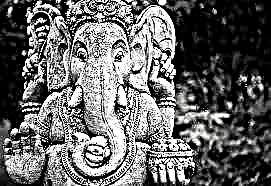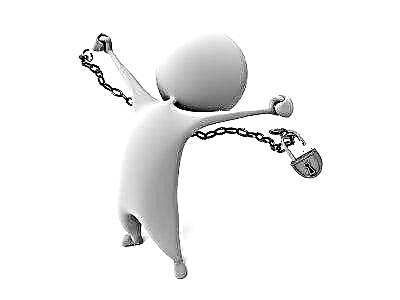(483 words) Revenge is an act of mischief resulting from an urge to punish a person for real or imaginary injustice inflicted earlier. It is this definition that a person who searches for this terrible word in dictionaries will meet. For me personally, revenge is something that devours a person from within, misleads him, makes me awaken all the negative qualities and feelings that are stored in secret cabinets of the human soul. Usually it is impossible to justify it, but in each rule, of course, there are exceptions that confirm it. You can find many examples in fiction to confirm my position.
The story of A.S., Pushkin's "Shot" is a vivid example of revenge and generosity. The main character for six years has been waiting for the moment when he can punish the offender, and, having waited, comes to take revenge. The count again gets the first shot, but he misses and punches a bullet hanging over Silvio’s head. But the main character feels that it is wrong to kill the enemy when he has achieved true happiness. For Silvio, it went and disgusting. At this point, the reader observes the moral renewal of the hero. The main theme is revenge and its overcoming through awareness of the importance of human life. On the one hand, the reader understands that the main character must take revenge, because the Count hurt the honor and dignity of Silvio, so we can justify him, but on the other hand, human life should not be lost due to a stupid skirmish. Sparing his worst enemy, Silvio showed that he is an honest and worthy man, because retaliation in his case could not be justified. No offense is worth such a terrible punishment, especially since a woman who was not involved in a duel, the lover of the count, would suffer from this mob. All these circumstances indicate that retaliation is the same crime as everyone else, and cannot be justified.
In the poem by M. Yu. Lermontov “Song about the merchant Kalashnikov” The action takes place in the era of the reign of Ivan IV. A young merchant named Stepan Paramonovich Kalashnikov in an honest fist fight kills his offender - the tsar’s oprichnik, Kiribeevich, who dishonored the protagonist’s wife. In Lermontov’s poem, the reader can not only justify revenge, but also defend the protagonist. After all, Kiribeevich encroached on the most expensive - the family. Kalashnikov knew what fate awaited him in the future after the battle, but he considered it his moral duty to protect the dignity of his family. He could not and did not want to live in shame and let the royal servants abuse his wife. Whoever you are, you have no right to intrude on other people's lives. Everyone should be responsible for their actions. That is why Kalashnikov for many is a deeply moral and worthy literary hero, whose retribution is fully justified, because a man risked his life not for his own sake and his insults, but for a defenseless woman and hundreds of the same mothers and wives who suffered insults from the royal servants. The act of the merchant was a lesson and a warning for those who had the habit of encroaching on other people's rights.
Thus, giving an assessment to the literary heroes, I can conclude that revenge in most cases cannot be justified, since people who did not deserve punishment suffer from it. But in life there are exceptions to this rule when such behavior has not a selfish, but a social or folk motive.












